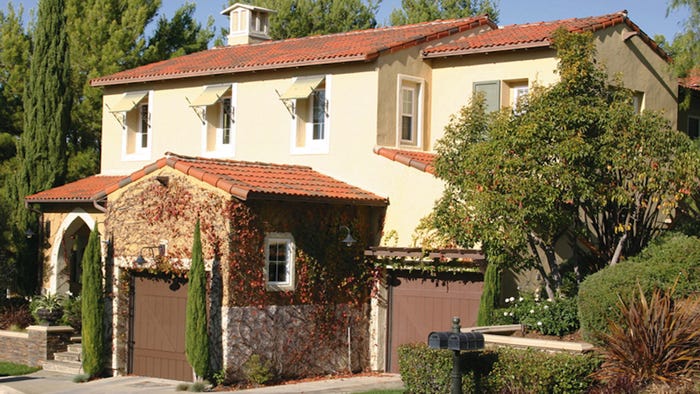Using a Proper Pricing Model to Maximize Profits
Regularly reviewing and adjusting your construction company’s pricing model helps to ensure a net profit, according to an industry consultant.

As we get further into 2023, it is critical that you evaluate your current pricing formula. In our industry experience, it’s typically the leading reason why your construction company is not earning the net profit you deserve. Let’s examine the root of this problem and how you may be able to fix it.
Perhaps you attended a seminar that suggested you add a specific percentage to “labor and materials” to ensure a net profit, or you are guided by your local market and the lower prices of your competitors. Maybe your managers or sales personnel have convinced you that your prices are already too high.
Regardless of where your current pricing structure originated, it’s imperative to use a proper pricing formula to ensure your construction company grows efficiently year over year. This includes evaluating the need to raise your prices and having adequate capital in place to ensure stability when challenges occur.
Pricing formula model
Below is a standard example of how to develop your pricing structure. Use this as a model with the understanding that it may vary slightly depending upon your company’s products and services.
Sales costs (includes associated "management costs") | 13% |
Marketing costs | 15% |
General and administrative costs (includes owner's salary) | 22% |
Net profit (projected) | 10% |
Total | 60% |
Selling price | 100% |
Less | 60% (actual and projected) |
Net difference | 40%* |
*The direct costs of each job should not exceed 40%.
Let’s use replacement windows as a product example to develop the retail price using the above formula.
Cost of window (includes shipping, taxes, etc.): $350.00
Trim and miscellaneous: $15.00
Labor to install (includes re-measure): $ 100.00
Direct cost (total labor and materials): $465.00
Divide 40% into $465 ($465 ÷ .40) = $1,162.00 per window
Finally, remember that when you allow sales personnel to negotiate price outside specific parameters or offer discounts without an authorized structure, it will almost always lead to reduced profit. We often see instances where a sales representative set the price based on what they perceived the customer could or would afford, but the biggest mistake comes from the lack of accountability that individual is held to when they are paid a full commission on “underpriced” sales.
Brad Yoho is the vice president of Dave Yoho Associates, the leading consulting firm in the home improvement and remodeling industry. To learn more about Dave Yoho Associates, visit www.DaveYoho.com or contact them at 703-591-2490 or [email protected].
About the Author(s)
You May Also Like




